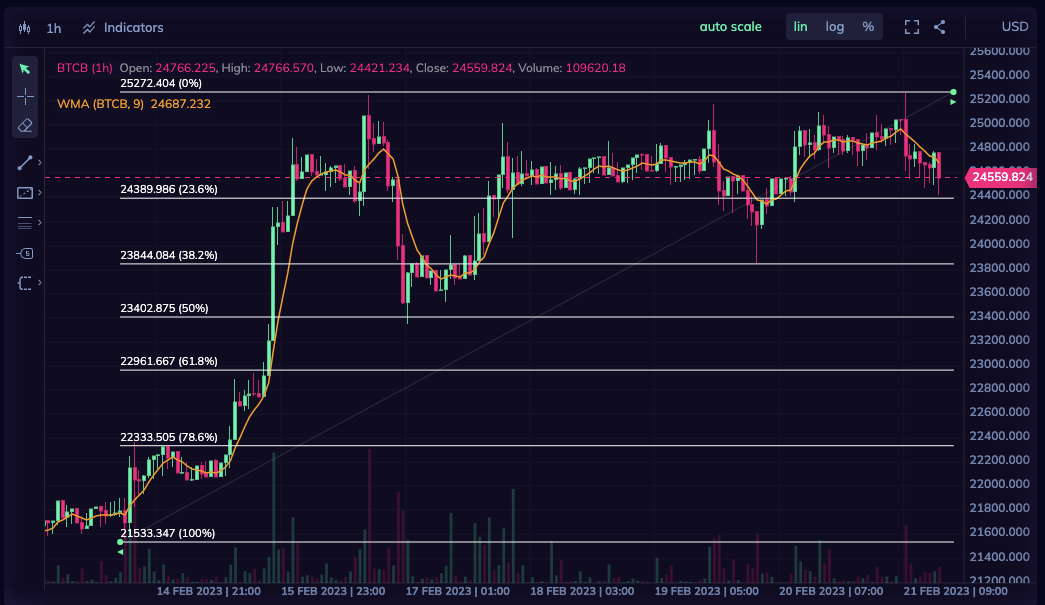BEP-20 Standard in Crypto.
BEP-20 is a token standard on the BNB Chain (previously BSC), a blockchain network built for running smart contract-based applications.

The world of cryptocurrencies has seen significant advancements and innovation, leading to the development of numerous blockchain protocols and token standards. One such token standard is the BEP-20, which has garnered attention for its role in the BNB Chain (previously Binance Smart Chain) ecosystem. In this article, we delve into the BEP-20 standard, its history, use cases, examples, and how it works. Additionally, we will explore the pros and cons of the BEP-20 standard and share some interesting facts about this influential token standard in the crypto space.
Definition
BEP-20 is a token standard on the BNB Chain (previously Binance Smart Chain - BSC), a blockchain network built for running smart contract-based applications. BEP-20, short for BNB Chain Token Standard-20, defines a set of rules for creating and managing tokens on the BNB Chain network. It is similar to Ethereum's ERC-20 token standard and allows developers to create, mint, burn, and manage tokens while ensuring compatibility with various wallets and decentralized applications (dApps).
History
BEP-20 was introduced with the launch of the Binance Smart Chain in September 2020. Binance, one of the world's largest cryptocurrency exchanges, developed the BSC to address some of the limitations of the Ethereum network, such as high transaction fees and network congestion. BNB Chain is designed to be compatible with the Ethereum Virtual Machine (EVM), allowing developers to easily port their Ethereum-based projects to the BNB Chain network.
How BEP-20 Works
BEP-20 tokens are created and managed using smart contracts on the BNB Chain. The token standard outlines a set of rules and functions that must be implemented by the smart contract, ensuring consistency and interoperability between tokens and applications on the BNB Chain network. Some of the standard functions include:
- Transfer: Enables the transfer of tokens between accounts.
- Approve: Allows an account to spend a specified amount of tokens on behalf of the token owner.
- Total Supply: Defines the total number of tokens in circulation.
- BalanceOf: Provides the token balance of a specific account.
Use Cases
BEP-20 tokens have a wide range of use cases, including:
- Utility Tokens: These tokens provide access to a platform's services or features, such as decentralized applications or blockchain-based platforms.
- Governance Tokens: BEP-20 tokens can be used to represent voting power in Decentralized Autonomous Organizations (DAOs) or other governance structures.
- Stablecoins: BEP-20 tokens can be pegged to fiat currencies or other assets to maintain a stable value, facilitating transactions and reducing price volatility.
Examples
Some popular BEP-20 tokens include:
- Binance Coin (BNB): The native token of the BNB Chain, BNB, has multiple use cases, such as paying for transaction fees and participating in token sales on the Binance Launchpad.
- PancakeSwap (CAKE): A decentralized exchange (DEX) built on BSC, PancakeSwap uses its native BEP-20 token, CAKE, for liquidity provision and governance.
- Revenue Coin (RVC): Revenue offers smarter crypto investing powered by community and first-of-its-kind financing and growth ecosystem for crypto startups (https://revenuecoin.io)
- Dexer Coin (DXR): User Activity Token of the dexer.io service. Dexer is a token browser where in one place, you will safely find information about all coins, tokens and nft on various blockchains (https://dexer.io)
Pros and Cons
Pros:
- Lower Transaction Costs: BNB Chain offers significantly lower transaction fees compared to Ethereum, making BEP-20 tokens more cost-effective for users.
- Faster Transactions: BSC's shorter block times result in faster transactions for BEP-20 tokens compared to their Ethereum counterparts.
- Interoperability: BEP-20 tokens can be easily bridged to the Ethereum ecosystem, allowing for seamless interaction with existing ERC-20 tokens and dApps.
Cons:
- Centralization Concerns: BNB Chain is often criticized for its level of centralization, as it is primarily governed by Binance and its partners, which may lead to potential issues with censorship or control.
- Smaller Ecosystem: Despite its growth, BNB Chain still has a smaller ecosystem than Ethereum, meaning there are fewer dApps and developers working on the platform compared to Ethereum.
Interesting Facts
- BNB Chain's BEP-20 standard is backward compatible with Ethereum's ERC-20 standard, allowing developers to easily port their projects between the two networks.
- BNB Chain consensus mechanism, Proof of Staked Authority (PoSA), combines elements of Proof of Authority (PoA) and Proof of Stake (PoS) to maintain network security and performance.
- PancakeSwap, a popular DeFi platform on BNB Chain, has become one of the leading decentralized exchanges by trading volume, surpassing even the popular Ethereum-based Uniswap at times.
Conclusion
The BEP-20 standard has emerged as a prominent token standard in the world of cryptocurrencies, primarily due to the BNB Chain's growing popularity. With lower transaction costs and faster transactions, BEP-20 tokens have proven to be an attractive alternative to the congested Ethereum network. However, concerns around centralization and a smaller ecosystem should be considered by developers and users when working with BEP-20 tokens. As the crypto landscape continues to evolve, it will be fascinating to observe how BEP-20 tokens and the BNB Chain develop and adapt to the ever-changing world of blockchain technology.




